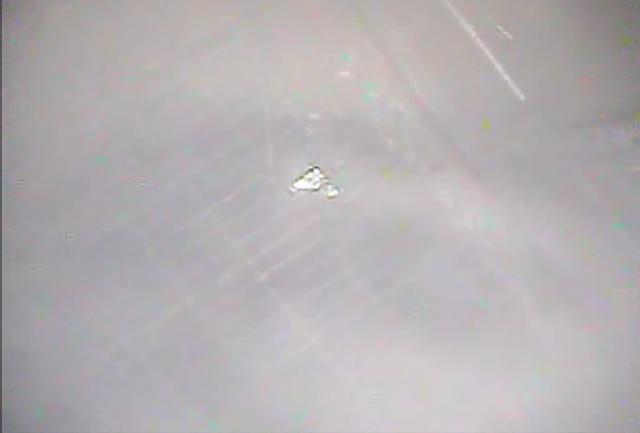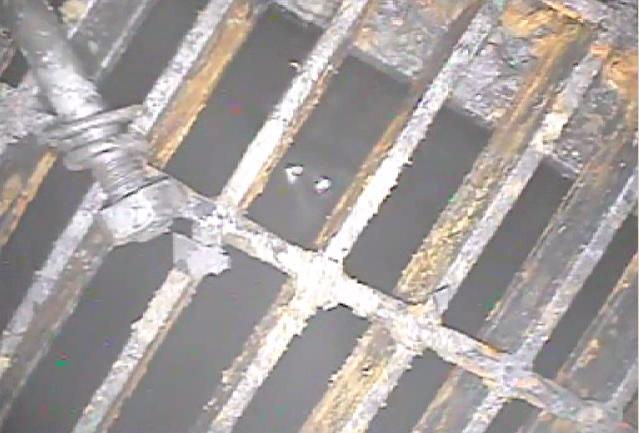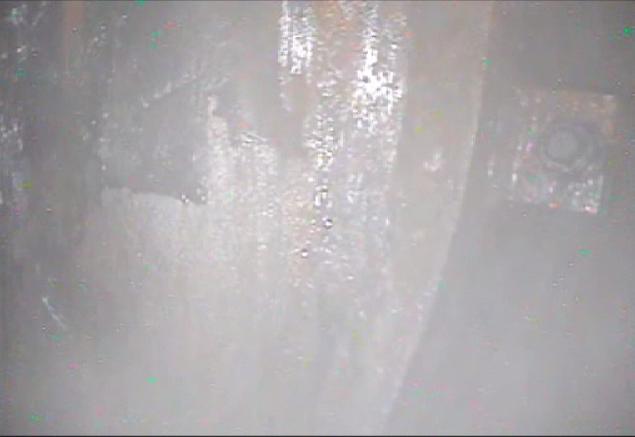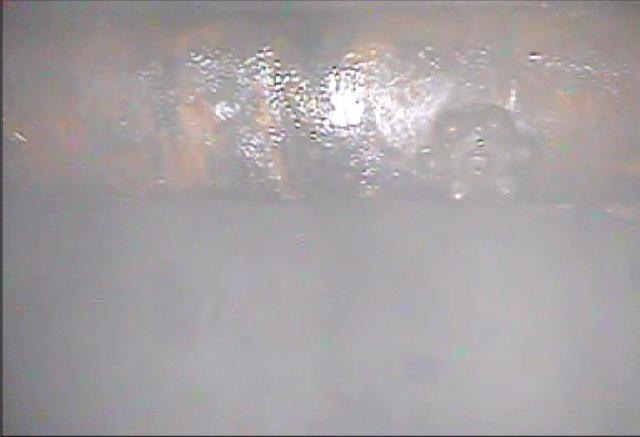The Economist writer, writing from Iwaki City in southern Fukushima, sounds rather exasperated or sarcastic (or both) in the opening sentence of his article:
IT HAS taken the Japanese government more than 18 months to pay tribute to a group of brave men, once known as the “Fukushima 50”, who risked their lives to prevent meltdowns at the Fukushima Dai-ichi nuclear power plant from spiralling out of control.
The article ends with:
The media attention is always focused on those in power, who typically do nothing to merit the recognition. The multitudes on the frontline, who put their heads down and do all the hard work are treated as faceless, nameless and ultimately forgotten.
with the writer calling it "one of the tragic flaws of modern Japan".
I seem to be already hearing an "It is the same everywhere in the world, not just Japan" chorus, but as the writer points out in the article, it may be only in Japan where these workers themselves and their families are bullied by people around them for having tried their best to contain the nuclear disaster in Fukushima. For the case of TEPCO workers at the plant, see my post from February this year. The article in that post was written by a reporter from Germany's Spiegel.
I think hardly anyone in Japan paid any attention to the Spiegel article. It will be the same with The Economist's article. It doesn't occur to many that the workers have been treated poorly, not only by TEPCO and by the government but also by ordinary people like them. See no evil, hear no evil.
From The Economist (10/8/2012; emphasis is mine):
Japan's nuclear disaster
Meet the Fukushima 50? No, you can’t
Oct 8th 2012, 4:28 by H.T. | IWAKI
IT HAS taken the Japanese government more than 18 months to pay tribute to a group of brave men, once known as the “Fukushima 50”, who risked their lives to prevent meltdowns at the Fukushima Dai-ichi nuclear power plant from spiralling out of control. But when the prime minister, Yoshihiko Noda, belatedly offered official thanks to them on October 7th something strange was afoot: six of the eight men he addressed had their backs to the television cameras, refused to be photographed and did not introduce themselves by name, not even to Mr Noda (see the image below).
The reason: officials from the government and from Tokyo Electric Power (Tepco) quietly admitted that the men wanted to keep their identities secret because they were scared of stigmatisation for being involved in the disaster, such as might lead to the bullying of their children and grandchildren. But Tepco is also muzzling them, presumably for fear that what they say will further discredit the now nationalised company. When I asked if I could at least hand my business card to them to see if they wanted to tell their side of the story, an irate Tepco spokesman answered bluntly: “Impossible.”
There are numerous ways that this incident reflects badly on both Tepco’s and the government’s handling of the situation. Firstly, there is the contrast between the frontline worker’s behaviour and the brazen hypocrisy of Tepco’s management after the accident. I remember Tepco’s then-chairman, Tsunehisa Katsumata (now thankfully retired), nonchalantly blaming everyone but himself when giving testimony to a Diet commission earlier this year.
Meanwhile, the men who worked loyally for him, risking their lives on behalf of his company, still hide their heads in shame.
The government, for its part, has done these men a huge disservice by not acting more quickly to differentiate their heroism from the craven self-interest of the company’s bosses. In the eyes of the public there ought to be no confusion between the two. In Chile, it was easy to see how the country made heroes of the 33 trapped mine workers in 2010, while making villains of their bosses. Nothing like that has happened in Japan. As one government official noted, if this were America, the “Fukushima 50” would have been invited to the Rose Garden for presidential recognition.
Yet even after Mr Noda’s visit, the men do not get the recognition they deserve. Kyodo, a news agency, relegates any mention of them to the bottom of a boring story about decontamination.
An English-language paper, the Japan Times, today at least tells part of their harrowing story, though it doesn’t mention the refusal of all but two of them to be identified. They did not depict themselves as heroes, as they recounted their experiences to Mr Noda. They mostly sounded plain scared. One said he thought “it was all over” after the tsunami of March 11th, 2011 knocked out all the power. Another told of how he sent his staff out into the dark, where they faced the danger of electrocution, to restore the power to a nuclear reactor on the verge of melting down. He was asked by his men whether he thought they would come back alive. They went on regardless.
But the headlines, ultimately, refer back to Mr Noda, not to the Fukushima 50. He gets more of the credit than they do, despite his wooden acknowledgement to the men, that “Thanks to your dedication, we have managed to preserve Japan.” This is one of the tragic flaws of modern Japan. The media attention is always focused on those in power, who typically do nothing to merit the recognition. The multitudes on the frontline, who put their heads down and do all the hard work are treated as faceless, nameless and ultimately forgotten.
(Picture credit: The Economist)
The Economist writer is highly critical of the TEPCO top management, rightly so. But even there, having watched TEPCO's press conference in March last year almost every night and having watched some of the teleconference video TEPCO finally released, I cannot make a sweeping criticism.
(H/T reader 'female faust' for the link)









 Tokyo Time
Tokyo Time
![[Most Recent Quotes from www.kitco.com]](http://www.kitconet.com/charts/metals/gold/t24_au_en_usoz_2.gif)

